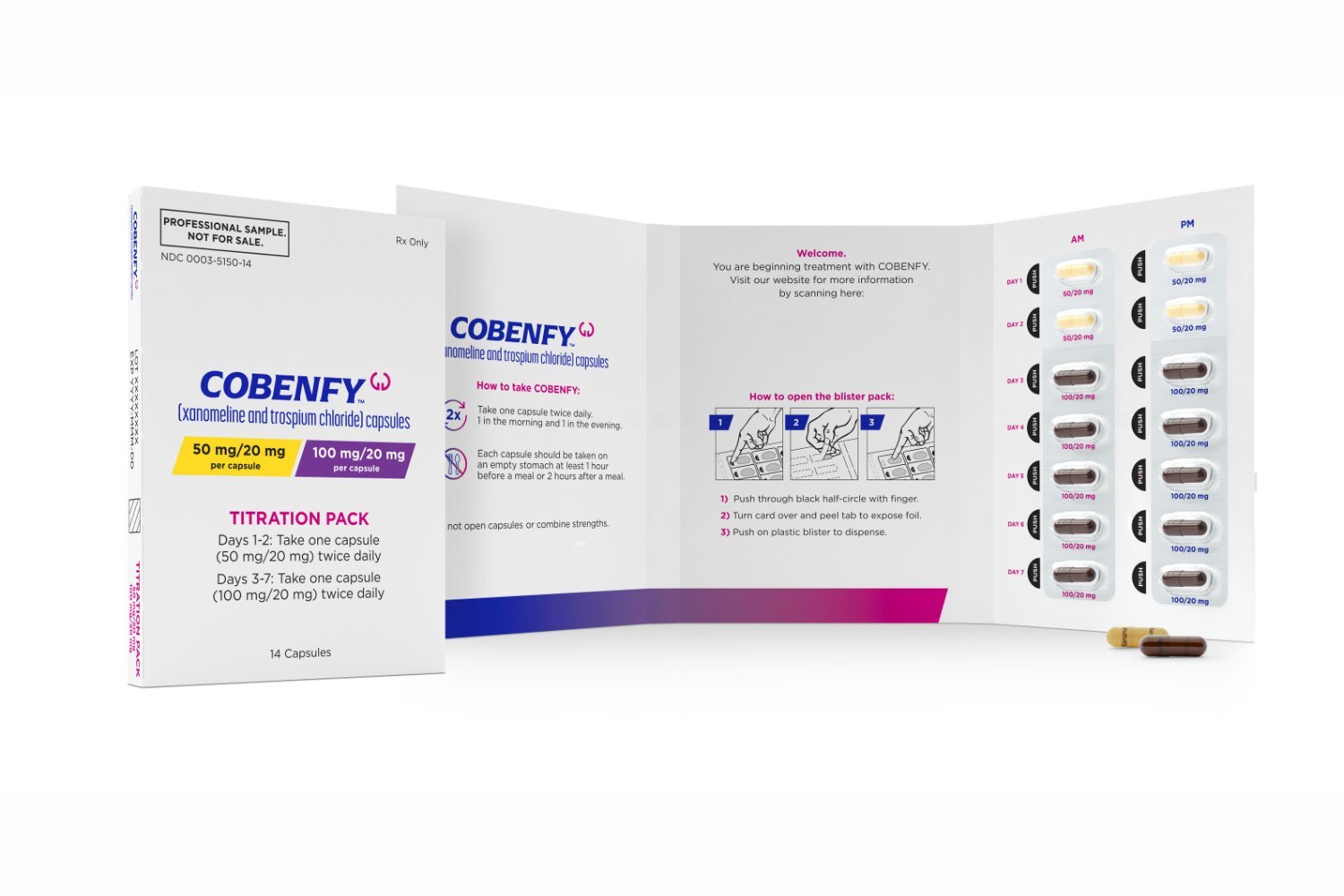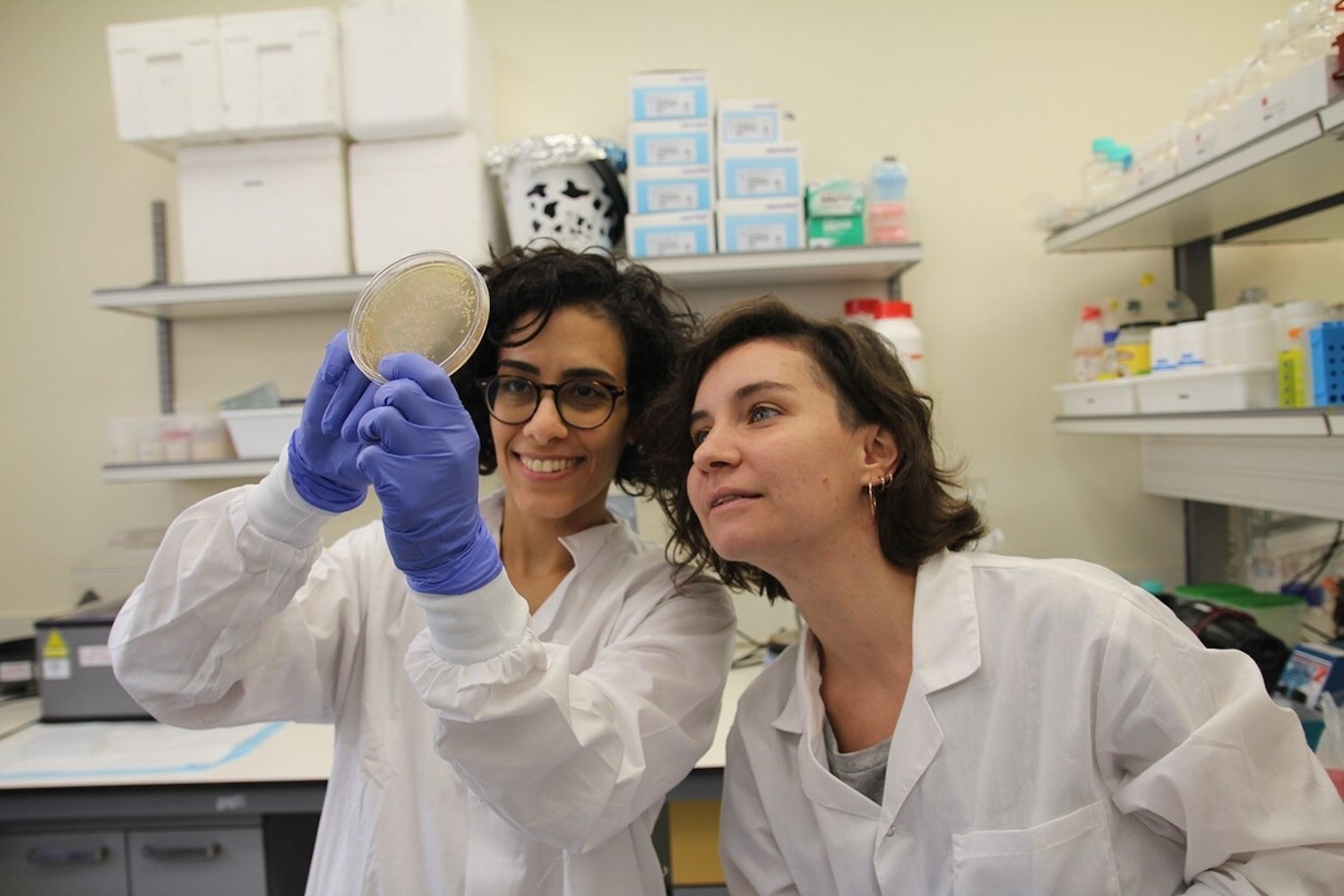Teenagers who underwent bariatric surgery to address severe obesity continue to experience significant health benefits a decade later, according to a groundbreaking new study. This research demonstrates the long-term effectiveness of surgical intervention in maintaining weight loss and preventing obesity-related conditions such as type 2 diabetes and hypertension.
While newer GLP-1 medications like semaglutide (Ozempic and Wegovy) offer promising results, bariatric surgery remains the most effective treatment for obesity, often leading to a 30% weight loss from baseline. Previous studies have highlighted the positive impact of these surgeries on overall health, including type 2 diabetes remission and reduced mortality risk. However, these studies primarily focused on adults, making the findings of this long-term adolescent study particularly significant.
The Teen-LABS (Longitudinal Assessment of Bariatric Surgery) study, initiated in 2003 and funded by the National Institute of Diabetes and Digestive and Kidney Diseases (NIDDK), has tracked the health of thousands of teenagers who underwent bariatric surgery for severe obesity between 2005 and 2009. The latest follow-up, published in the New England Journal of Medicine, provides unprecedented insights into the long-term weight and health outcomes of 260 patients a decade after surgery.
“This represents the longest follow-up study of adolescent bariatric surgery, surpassing previous studies limited to five years or less,” explained lead researcher Justin Ryder, Vice Chair of Research for the Department of Surgery at Ann & Robert H. Lurie Children’s Hospital of Chicago. “Our findings demonstrate the remarkable long-term success and positive implications of surgical obesity treatment in adolescents.”
The study reveals that patients maintained an average 20% weight loss after ten years. Among those diagnosed with type 2 diabetes before surgery, 55% remained in remission. Furthermore, there was a sustained 54% reduction in cases of high blood pressure and high cholesterol.
While numerous studies have established the long-term benefits of bariatric surgery for adults, these findings suggest that younger patients may experience even greater advantages. The higher rates of continued diabetes remission in adolescents compared to adults, for example, suggest that addressing obesity surgically “sooner in the lifespan has its advantages,” according to Ryder.
Bariatric surgery, like any medical procedure, carries inherent risks and potential drawbacks. Different types of bariatric surgery generally involve reshaping the digestive system, often by removing a portion of the stomach. This can lead to significant lifestyle changes, particularly dietary adjustments, to ensure adequate nutrient intake. Patients may also face increased susceptibility to alcohol abuse due to reduced stomach capacity for alcohol breakdown. Short-term risks include a potentially elevated risk of suicide and self-harm. Furthermore, a small percentage of patients may not achieve significant weight loss or may regain weight.
However, bariatric surgical techniques have advanced considerably since the Teen-LABS study began two decades ago, becoming safer and less invasive. Consequently, the benefits of surgery, especially for individuals with severe obesity or related conditions like type 2 diabetes, likely outweigh the risks in contemporary practice.
It remains unclear whether the long-term benefits observed with surgery can be replicated with other treatments. GLP-1 medications, such as semaglutide and tirzepatide, demonstrate weight loss comparable to surgery, and future medications may achieve even greater success. Ryder emphasizes the difficulty of direct comparisons at this stage, due to the lack of studies directly comparing these drugs against surgery.
Both medication and surgery play crucial roles in obesity treatment, and some patients who undergo surgery may also benefit from medication. The key takeaway from this study, according to Ryder, is the importance of increased access to effective treatments for teenagers struggling with obesity, a sentiment echoed by other obesity experts.
“It’s crucial to recognize the need for increased utilization of both medications and surgery in adolescents, as they demonstrate superior outcomes compared to traditional lifestyle modification approaches in this population,” Ryder concluded.











